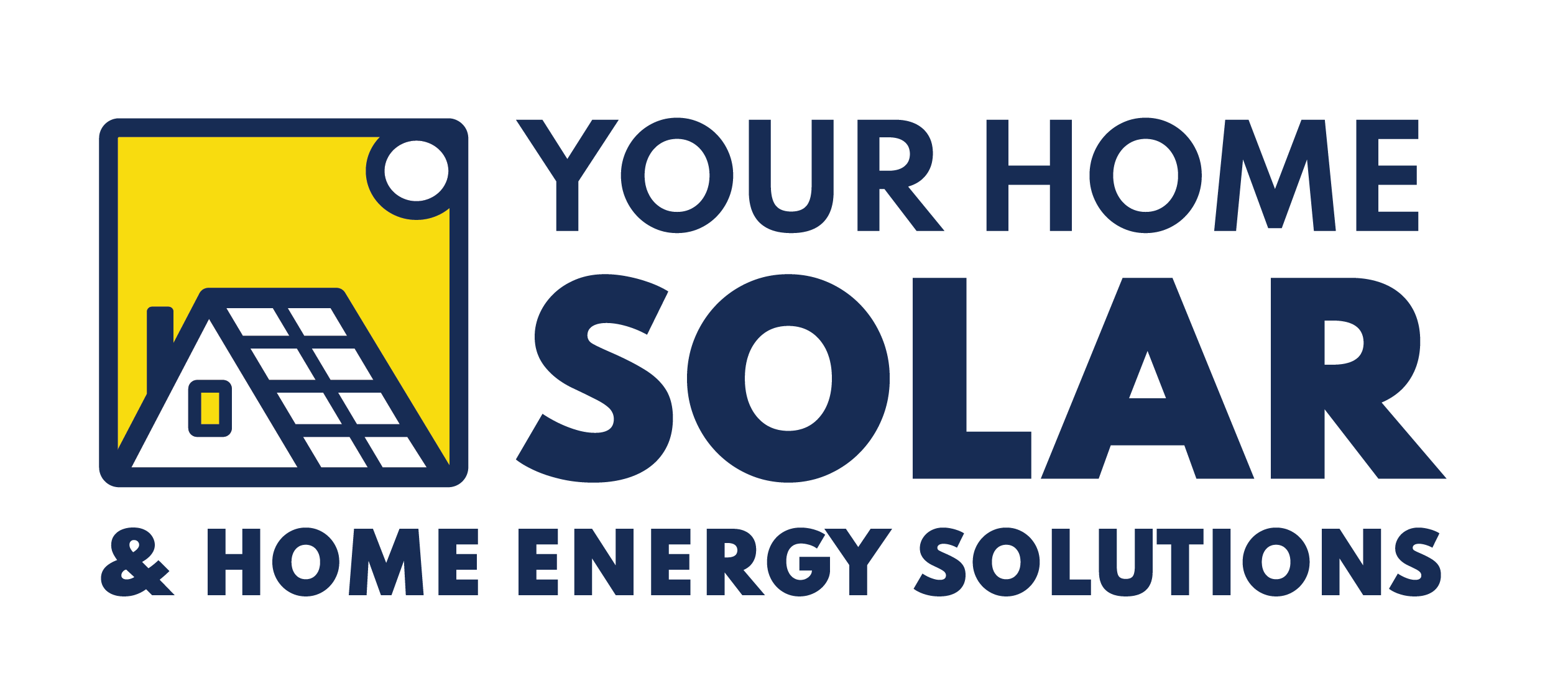Understanding Solar Panels
How Solar Panels Work
Solar panels, also known as photovoltaic (PV) panels, work by converting sunlight into electricity that you can use in your home. They do this using a technology called photovoltaics.
The photovoltaic process begins when sunlight hits the solar panel. The solar panel is made up of many solar cells, which are composed of semiconductor materials such as silicon. When the sunlight hits these cells, it excites the electrons within the silicon, causing them to move. This movement creates an electric current, which the solar panel captures and channels for use in your home.
This electricity is generated as direct current (DC), but most home appliances use alternating current (AC). Therefore, the DC electricity from the solar panel needs to be converted into AC electricity. This conversion is done by a device called an inverter, which is typically part of your solar power system.
When your solar panels generate more electricity than your home can use, the excess power can be sent back to the grid if your system is grid-tied, or stored in a battery if your system includes one.
For a more in-depth explanation of how solar panels work, please feel free to reach out to one of our solar professionals.

Types of Solar Panels
Monocrystalline Solar Panels
Polycrystalline Solar Panels
Thin-Film Solar Panels
Let’s embark on this enlightening exploration of solar energy with Your Home Solar and discover how the power of the sun can transform the way we live, work, and preserve our planet for generations to come.
Factors Affecting Solar Panel Efficiency
Temperature
Sunlight Intensity
The intensity of the sunlight hitting your solar panels can affect their efficiency. More intense sunlight will allow the panels to generate more electricity.
Angle and Orientation
Dust and Debris
Age of the Panels
Like most technologies, solar panels can become less efficient over time. However, good quality panels should still produce a significant amount of electricity even after 20 or 25 years.
System Design and Wiring
Empower Your Home with Solar Energy in East Tennessee!
Your Home Solar offers an incredible opportunity to empower your home with clean, renewable solar energy. Contact us today for a free consultation.
